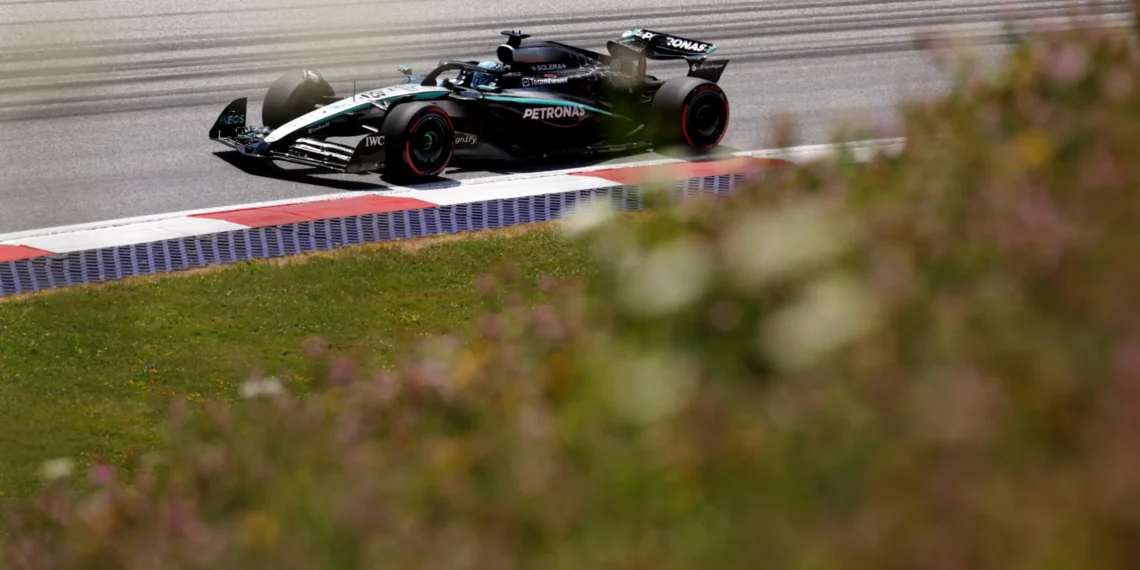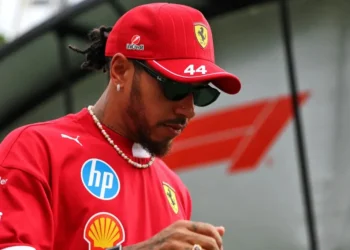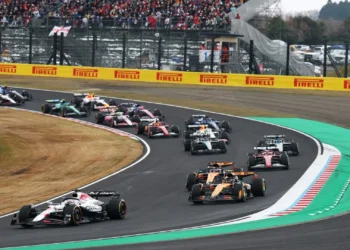Formula 1 Faces Major Overhaul in Protest System After Red Bull’s Controversial Actions
In a shocking turn of events, Formula 1 is on the brink of a major shakeup in its protest system following Red Bull’s highly criticized actions against George Russell at the recent Canadian Grand Prix.
Red Bull’s relentless protests against Russell’s victory in Montreal, citing reasons from alleged erratic driving to unsportsmanlike conduct, threw the race results into disarray. The team’s persistence in challenging Russell’s win led to a delay in confirming the final outcome, leaving fans and officials in suspense for five long hours until the FIA ultimately dismissed Red Bull’s claims.
This is not the first time Red Bull has raised eyebrows with their protest strategies this season, having previously contested a yellow flag incident involving Russell in Miami. While Red Bull’s team principal, Christian Horner, defended their right to protest what they deemed as legitimate grievances, Mercedes boss Toto Wolff expressed his frustration, calling some of the actions “a little bit of a long shot.”
Wolff revealed that the FIA is contemplating imposing more significant penalties for launching protests, suggesting that the current deposit of €2000 is a mere slap on the wrist for teams with massive budgets. He emphasized the need for fines that would make teams think twice before challenging race results, hinting at potential embarrassment for those who lose their case.
Various proposals are reportedly on the table to revamp the protest system, including larger deposits and the introduction of a challenge system similar to tennis, where teams would have a limited number of protests per season. While some believe that the current system works well and any alterations could have unforeseen consequences, others argue that changes might be necessary with the upcoming regulations in 2026 potentially giving rise to more disputes between teams.
The fate of the protest system is set to be a hot topic at the next F1 Commission meeting on July 22, just before the Belgian Grand Prix. As the sport braces for a potential transformation in how protests are handled, the future of Formula 1 hangs in the balance.










